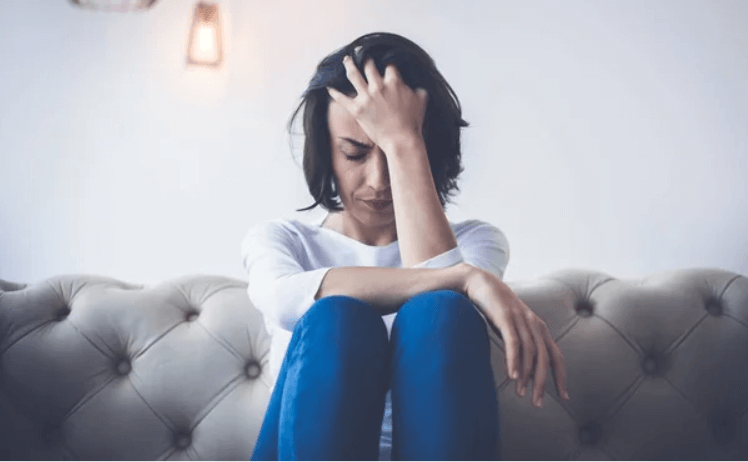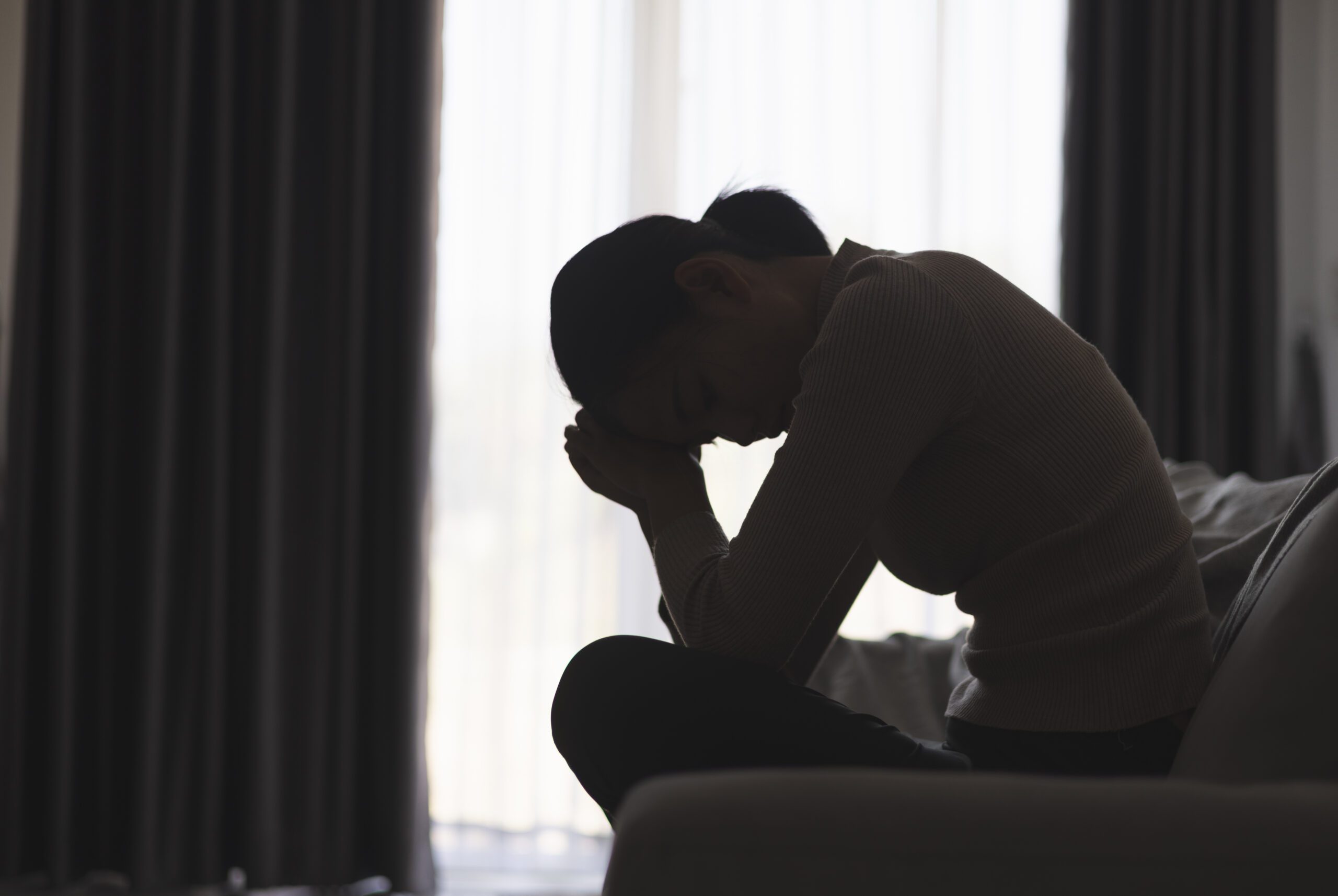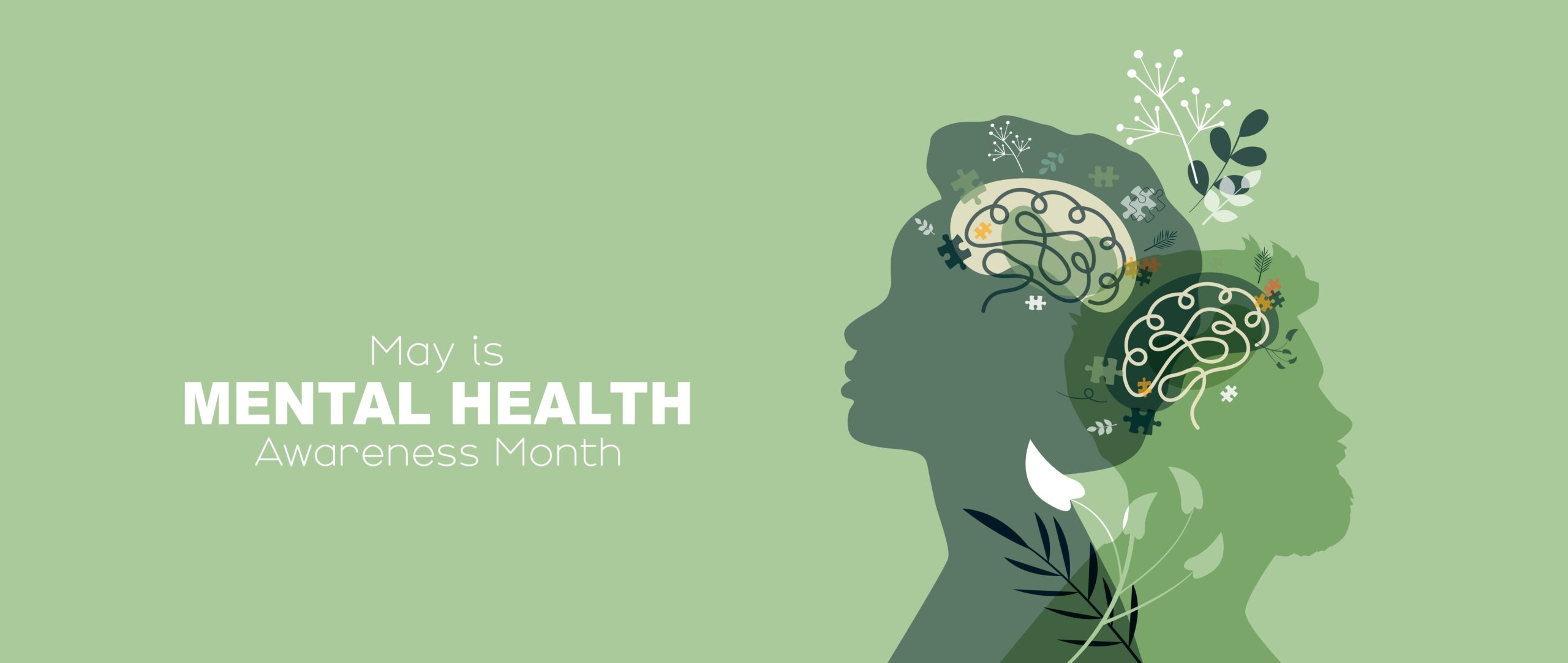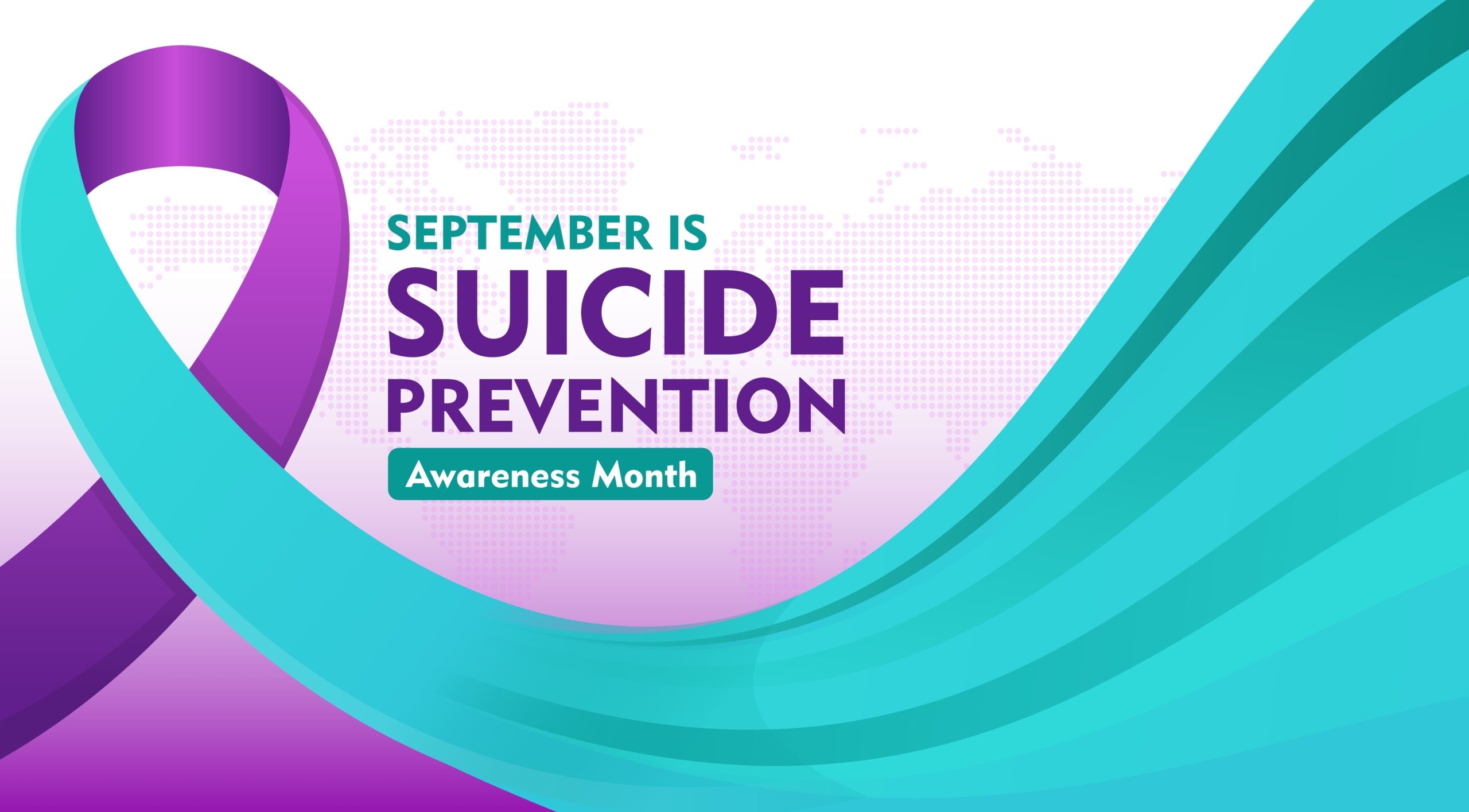What is PTSD? Post-Traumatic Stress Disorder (PTSD) is a mental health condition triggered by a terrifying event – either experiencing it or witnessing it. It’s a debilitating disorder that can cause significant distress and interfere with an individual’s daily life. PTSD is not a sign of weakness; it can happen to anyone who has gone through a traumatic experience.
Many people who go through traumatic events may have temporary difficulty adjusting and coping, but with time and good self-care, they usually get better. However, if the symptoms worsen, last for months or even years, and interfere with day-to-day functioning, it may be post-traumatic stress disorder, which requires mental health treatment.
Recovery centers specializing in PTSD can provide comprehensive care and support for individuals struggling with this condition, offering various therapeutic approaches and a safe environment for healing.
The History of PTSD
The concept of PTSD has been around for centuries, but it was not officially recognized as a mental disorder until 1980. Prior to this, it was referred to by many names, such as “shell shock” during World War I and “combat fatigue” during World War II. It was the Vietnam War that really brought post-traumatic stress disorder to the forefront, as many returning soldiers experienced its debilitating symptoms.
The Impact of PTSD
PTSD can have a profound impact on an individual’s life. It can affect their work, their relationships, and their overall quality of life. People with post-traumatic stress disorder may struggle with anxiety, depression, and substance abuse. They may also have difficulty trusting others, experience problems with intimacy, and feel detached or estranged from loved ones.
PTSD can have a profound impact on an individual’s life. It can affect their work, their relationships, and their overall quality of life. People with post-traumatic stress disorder may struggle with anxiety, depression, and substance abuse. They may also have difficulty trusting others, experience problems with intimacy, and feel detached or estranged from loved ones.
Post traumatic stress disorder symptoms can be severe and long-lasting. These may include flashbacks, nightmares, severe anxiety, and uncontrollable thoughts about the event. Recovery centers can provide the necessary support and treatment to help individuals manage these challenges and improve their quality of life.
Types of PTSD: Exploring the Different Forms
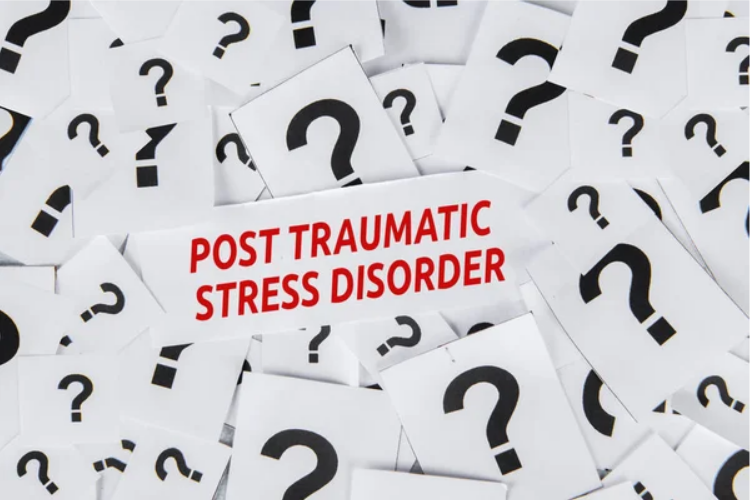
There are several types of PTSD, each with its own set of symptoms and challenges. Understanding the different types can help individuals get the right treatment for post-traumatic stress disorder.
Acute Stress Disorder
Acute Stress Disorder (ASD) occurs in reaction to a traumatic event, just like PTSD. However, the symptoms of ASD last between three days and one month. If symptoms last longer than one month and meet the criteria for PTSD, the diagnosis may be changed to post-traumatic stress disorder.
Uncomplicated PTSD
This is the most common form of PTSD. People with uncomplicated PTSD have persistent re-experiencing of the traumatic event, avoidance of stimuli associated with the trauma, emotional numbing, and symptoms of increased arousal. However, they don’t have additional symptoms of depression, anxiety, or substance abuse.
Complex PTSD
Complex PTSD is a condition that can occur after prolonged and repeated trauma, particularly in situations where escape isn’t possible. This could include childhood abuse, domestic violence, or torture. In addition to the core symptoms of PTSD, complex PTSD can also include issues with emotional regulation, dissociation, and interpersonal relationships. Treatment for complex post-traumatic stress disorder often involves long-term, in-depth psychotherapy.
Comorbid PTSD
Comorbid PTSD occurs when an individual meets the criteria for post-traumatic stress disorder and also has symptoms of another mental health condition, such as depression, anxiety, or substance abuse. This can complicate diagnosis and treatment for PTSD.
PTSD Symptoms: Recognizing the Signs
PTSD symptoms can vary from person to person and may change over time. They generally fall into four categories: intrusive memories, avoidance, negative changes in thinking and mood, and changes in physical and emotional reactions.
Intrusive Memories
Intrusive memories are one of the most common signs and symptoms of PTSD. These can include:
- Recurrent, unwanted distressing memories of the traumatic event
- Reliving the traumatic event as if it were happening again (flashbacks)
- Upsetting dreams or nightmares about the traumatic event
- Severe emotional distress or physical reactions to something that reminds you of the traumatic event
Avoidance
Avoidance is another common symptom of post-traumatic stress disorder. This can include:
- Trying to avoid thinking or talking about the traumatic event
- Avoiding places, activities, or people that remind you of the traumatic event
- Avoiding activities you once enjoyed
Negative Changes in Thinking and Mood
PTSD can also lead to negative changes in thinking and mood, such as:
- Negative thoughts about yourself, other people, or the world
- Hopelessness about the future
- Memory problems, including not remembering important aspects of the traumatic event
- Difficulty maintaining close relationships
- Feeling detached from family and friends
- Lack of interest in activities you once enjoyed
- Difficulty experiencing positive emotions
- Feeling emotionally numb
Changes in Physical and Emotional Reactions
Post-traumatic stress disorder can cause changes in physical and emotional reactions, including:
- Being easily startled or frightened
- Always being on guard for danger
- Self-destructive behavior, such as drinking too much or driving too fast
- Trouble sleeping
- Trouble concentrating
- Irritability, angry outbursts, or aggressive behavior
- Overwhelming guilt or shame
PTSD Symptoms in Women
While the core symptoms of PTSD are similar across genders, there are some signs of PTSD that are more common in women. For instance:
- Women are more likely to be jumpy, to have more trouble feeling emotions, and to avoid things that remind them of the trauma.
- Women with PTSD are more likely to feel depressed and anxious, while men with PTSD are more likely to have problems with alcohol or drugs.
- Women with post-traumatic stress disorder are more likely to have physical health problems.
Signs of PTSD in Men

Men and women can experience PTSD differently. Some signs of PTSD that are more common in men include:
- Anger and aggression
- Alcohol or drug abuse
- Reckless behavior
- Trouble with relationships
Physical Signs Your Body is Releasing Trauma
PTSD doesn’t just affect the mind; it can also lead to physical symptoms. Some physical signs that your body might be releasing trauma include:
- Chronic pain
- Headaches
- Digestive issues
- Fatigue
- Muscle tension
- Rapid heartbeat
- Difficulty sleeping
Signs of PTSD in Children
PTSD can also affect children, and their symptoms can be different from those seen in adults. Some signs of PTSD in children include:
- Acting out the scary event during playtime
- Being unusually clingy with a parent or other adult
- Experiencing nightmares or sleep problems
- Losing interest in playing
- Having flashbacks or persistent, upsetting memories





